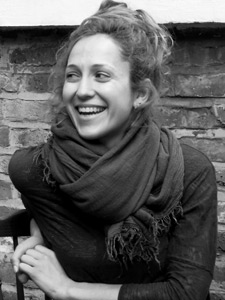 Ieva Kuniskis is an emerging choreographer from Lithuania currently living and working in London. She makes physical theatre work that draws on her heritage, theatre and the folklore tradition of storytelling. She makes dance for stage, film and sited performance. A double bill of her work is at Blue Elephant Theatre 7-9 May.
Ieva Kuniskis is an emerging choreographer from Lithuania currently living and working in London. She makes physical theatre work that draws on her heritage, theatre and the folklore tradition of storytelling. She makes dance for stage, film and sited performance. A double bill of her work is at Blue Elephant Theatre 7-9 May.
When did you begin dancing, where and why?
I am originally from Vilnius in Lithuania, so my first taste of dance was there. One summer (I was about 16), I made a friend who’s sister taught contemporary dance and was immediately intrigued – prior to that I had been going to a yearly contemporary dance festival (The New Baltic Dance), but never considered it for myself. I went along that autumn and it all made perfect sense in my head and for my body, I felt that I found the right place for myself.
What were your early years of dancing like?
Before taking up contemporary classes I didn’t really dance, so my early years dancing looked like this: a few moths of Lithuanian folk dance and a month doing ballroom (from where I was kicked out for chatting – I was 6!)
I did more theatre; a company my dad knew needed a child for a role in Moomins and they cast me as one of the little twins who spoke a made up language. I was less than 10 years old and got to spend a whole season with a professional theatre company!
But movement was never completely alien to me – my dad was involved with mime and theatre, taught Tai Chi, so generally I was still somewhat physical, though not taking the typical route into dance.
How long have you been choreographing?
I started choreographing at university. I got there already sensing that this is where my interests lie. I graduated just over 3 years ago and went straight into making work.
Where did you study and what was a typical day like?
I went to Middlesex University in North London. For at least the first term I remember standing in the corner of the studio waiting for my turn to do a travelling sequence and looking around with this heady feeling ‘Am I actually doing this?!’. It took me a whole year to get used to the thought that this is my life now. (I worked in photography for several years before making the switch to dance).
The course is part academic (I did BA in Dance Studies), so sometimes there was only one technique class a day to make room for library time; we had the option to join other classes in our year and the years below, so by the final year you could really fill up your schedule. And during the summer or half term I’d go to the professional classes at The Place or GDA to keep the momentum going.
Our campus was inside the beautiful Trent Park with a lake, wildlife and hordes of hikers, so sometimes we’d rehearse or do class outside on the grass. We were the final year before the campus closed; by the end all the other courses had already moved and it was just us, so we lived in our pretty little dance bubble.
What is a typical day like now?
The only typical thing now is that my week is completely unpredictable from one day to the next. I might do a morning class followed by an admin afternoon of writing projects, applications or generally catching up on emails (there is a lot more computer time involved in being a choreographer than I ever anticipated!); one day I’ll be working out some material in the studio, at the Southbank or in my kitchen, then going to see a show somewhere. The next – it’s meetings with potential collaborators followed by 6 hours of rehearsals, followed by an exhausted collapse into bed.
I also work as a photographer’s assistant, so when it’s quiet with dance projects I can spend a lot of the time in a photo studio or on location. That can be quite deflating, so I recently resolved to take at least one class per week to remind myself how much I love dance.
Do you still take classes?
After graduating I didn’t do any technique, just Contact Improvisation and Gaga – I was a bit fed up with the structured ‘face the mirror, do as I say’ dancing. But after a year I began to miss the brain and body training that comes with working out somebody else’s material and figuring out how to apply it to your own body.
I had an injury last summer, so I didn’t take class for a while. But I am back and trying to take one regularly – for training, for motivation, to remind myself how much I love it, for creative inspiration and the social aspect of it, too. I just returned from a week-long Gaga Intensive in Belgium, so am feeling refreshed and inspired.
Do you prefer choreographing to performing?
Yes, definitely choreographing. Although sometimes I miss performing, too. I do maybe one performing project a year or have to take over in one of my own pieces.
If I take on a performance project I try to find one that gives me an opportunity to learn something new in the creating process; that’s what I love most about making dance, whether as performer or choreographer – the time in the studio.
What’s the best part about choreographing your own work for yourself?
I love working in the studio with other people. I love the ‘making’ time – bringing an idea, unpeeling the layers; seeing how suddenly (and it always seems to catch me by surprise!) an idea becomes a movement phrase, then moulds into a whole section – a trace of something you know is unique and special. It’s the rush of those moments that I love; maybe it’s a kind of adrenaline rush?
What would you say was your greatest achievement to date?
I think just the decision to stick with dance is a pretty big achievement! Everything I do feels like small gradual steps towards making my career into something that keeps me stimulated and last into old age. Some of these steps are very considered and strategic, others feel completely accidental.
On reflection I can name some things as achievements; for example, the fact that my first piece Gone To Get Milk was invited to perform in Austria and Lithuania (at that same prestigious New Baltic Dance festival I used to go to for my dance fix). Having the first solo run in May – a double bill evening of my own work – must be an achievement in the official books, but I can’t tell yet. I think it’s too early in my career to talk about achievements.
Which part of dance do you enjoy most?
This is a difficult question; there is no one part. I can answer which part I enjoy the least; it’s being glued to my computer doing admin, writing project plans, trying to verbalise ideas – it feels isolating and keeps me away from the studio (although I understand that in the long run it is part of the preparation that gets me into the studio and closer to the sustainable career I want).
I like the people I get to meet and work with – they are passionate and inspiring. There is also a sense of shared understanding and respect there, nobody will dismiss you. I once got an email from a choreographer whom I never met before; she had recently seen my work. She has been working in dance longer than I and invited me for a drink, just to chat and offer to share her experiences and advice. It’s really comforting to feel this sort of support! I think it’s quite unique within any professional industry, but I see a lot of it in contemporary dance. We are a peculiar type.
What advice would you give to someone aspiring to be part of the dance industry?
You have to really, really love it (neurotically, obsessively!) and keep trying to re-find that love whenever you feel fed up with being penniless or feel like friends with ‘normal’ jobs are moving ahead with their lives while you’re still serving drinks in a pub.
Take class, it gets you into the pool of like-minded people, who are just as mad as you for choosing this career – apart from training it’s reassuring and inspiring, it is also great for networking. Stop thinking about taking class or seeing a performance as a luxury, it’s part of your continuous development, like keeping your practicing license up to date.
Make a schedule, know that you will do a class every Wednesday and see a performance or an exhibition, or a play once a month. Having a routine is good – you have something to look forward to and work towards, and you can plan around it. This is something I am still trying to implement in my life, talking with friends it seems that routine is hard to master for creative heads.
What’s next for you?
I am going into rehearsals for Gone To Get Milk and Women’s Tales, that’s a double bill evening running 7-9 May at the Blue Elephant Theatre; then, a few days off to spend with my dad, who timed his visit so that he can see the show.
I am working on a really exciting collaboration with a violinist Abe McWilliams exploring and re-imagining Lithuanian folk music. There are also seeds being planted for a really interesting male duet, which I am getting really excited about.
And in my dreams – a full length piece for 2015.
Oh, and I am seeing Eva Recacha’s Easy Rider next week – that’s my once-a-month thing for April.

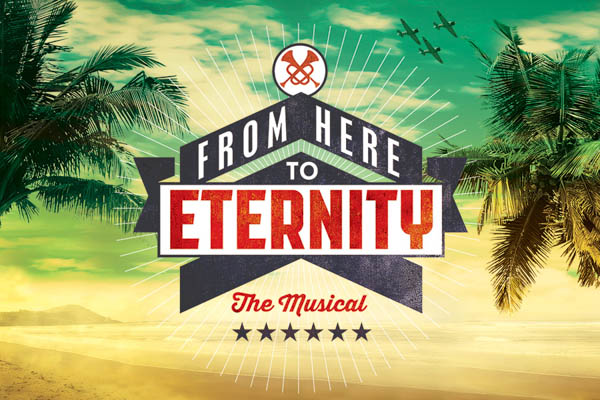 From Here To Eternity, the hit West End musical which sadly closed on 29 March, may reemerge in another form. It seems it is not yet over for Tim Rice’s latest musical venture: ahead of its 2015 Broadway run, a screening of the West End’s production of From Here To Eternity will be broadcast in theatres around the US. Entertainment companies Omniverse Vision and Fathom Events are collaborating to capture the musical, following in the footsteps of shows such as War Horse and Noël Coward’s Private Lives which have been screened previously.
From Here To Eternity, the hit West End musical which sadly closed on 29 March, may reemerge in another form. It seems it is not yet over for Tim Rice’s latest musical venture: ahead of its 2015 Broadway run, a screening of the West End’s production of From Here To Eternity will be broadcast in theatres around the US. Entertainment companies Omniverse Vision and Fathom Events are collaborating to capture the musical, following in the footsteps of shows such as War Horse and Noël Coward’s Private Lives which have been screened previously.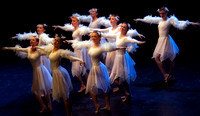 Ignition is a brand new dance festival in Kingston, delivered by the Royal borough of Kingston and supported by Arts Council England. Ignition is seeking six dance companies or choreographers to create a brand new work for a dance platform at The Rose Theatre in the borough, during the International Youth Arts Festival on 12 July. The opportunity to present a work in the festival would be notable for any choreographer.
Ignition is a brand new dance festival in Kingston, delivered by the Royal borough of Kingston and supported by Arts Council England. Ignition is seeking six dance companies or choreographers to create a brand new work for a dance platform at The Rose Theatre in the borough, during the International Youth Arts Festival on 12 July. The opportunity to present a work in the festival would be notable for any choreographer.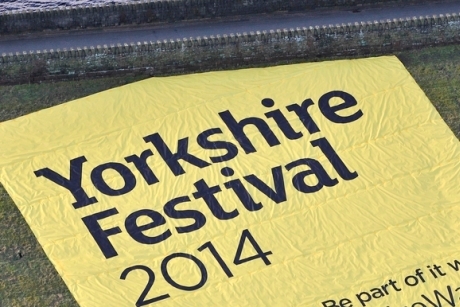 The first ever Yorkshire Festival recently got underway as the official countdown to the Tour de France begins. Yorkshire Festival 2014 is the first ever arts festival to precede the Tour de France, the world’s biggest annual sporting event: the festival will run from 27 March to 6 July 2014. Yorkshire Festival is the first cultural festival in the Tour de France’s 111 year history. The events will take place in the 100 days leading up the first two race days of the Tour, The Grand Départ, this year hosted by Yorkshire.
The first ever Yorkshire Festival recently got underway as the official countdown to the Tour de France begins. Yorkshire Festival 2014 is the first ever arts festival to precede the Tour de France, the world’s biggest annual sporting event: the festival will run from 27 March to 6 July 2014. Yorkshire Festival is the first cultural festival in the Tour de France’s 111 year history. The events will take place in the 100 days leading up the first two race days of the Tour, The Grand Départ, this year hosted by Yorkshire.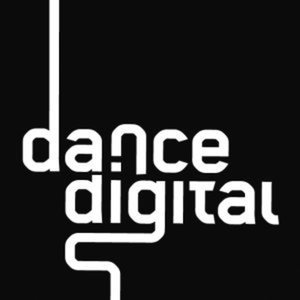 dancedigital, in partnership with the University of Bedfordshire, is to present the dancedigital Festival from 25-27 April. dancedigital is one of the UK’s leading dance organisations based in Bedfordshire and Essex, renowned for leading the dance field in the development of technical innovations in choreography and dance. In April, to celebrate the latest achievements and best work of an outstanding group of dance practitioners, the organisation will stage its first digital dance festival at the University of Bedfordshire.
dancedigital, in partnership with the University of Bedfordshire, is to present the dancedigital Festival from 25-27 April. dancedigital is one of the UK’s leading dance organisations based in Bedfordshire and Essex, renowned for leading the dance field in the development of technical innovations in choreography and dance. In April, to celebrate the latest achievements and best work of an outstanding group of dance practitioners, the organisation will stage its first digital dance festival at the University of Bedfordshire. Sadler’s Wells’ hip hop dance project Breakin’ Convention has launched an online video channel, BCTV, to capture the full range of Breakin’ Convention’s work and the artists it works with, on Friday 2 May 2014.
Sadler’s Wells’ hip hop dance project Breakin’ Convention has launched an online video channel, BCTV, to capture the full range of Breakin’ Convention’s work and the artists it works with, on Friday 2 May 2014.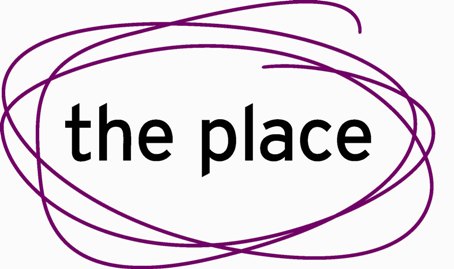 EDge, The Place’s postgraduate company, has taken to the road with an energetic and dramatic programme of dance from 24 March – 13 July. The 12 talented dancers will perform a selection of work by commissioned choreographers Ben Wright, Joe Moran, Idan Cohen, Maya Levy, and work by Trisha Brown (Canto Pianto (1998)) – the first time this piece has been performed in the UK by a company other than Trisha Brown – and Yael Flexer (The Living Room [an extract] (2010-11)).
EDge, The Place’s postgraduate company, has taken to the road with an energetic and dramatic programme of dance from 24 March – 13 July. The 12 talented dancers will perform a selection of work by commissioned choreographers Ben Wright, Joe Moran, Idan Cohen, Maya Levy, and work by Trisha Brown (Canto Pianto (1998)) – the first time this piece has been performed in the UK by a company other than Trisha Brown – and Yael Flexer (The Living Room [an extract] (2010-11)).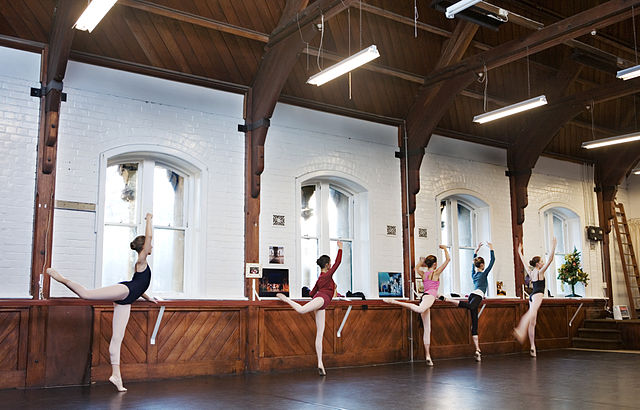 As dance forms go, ballet is among the hardest to perfect. It requires coordination, care and balance. Dancers work for years to perfect these qualities, and of course become students to enhance their form and knowledge.
As dance forms go, ballet is among the hardest to perfect. It requires coordination, care and balance. Dancers work for years to perfect these qualities, and of course become students to enhance their form and knowledge.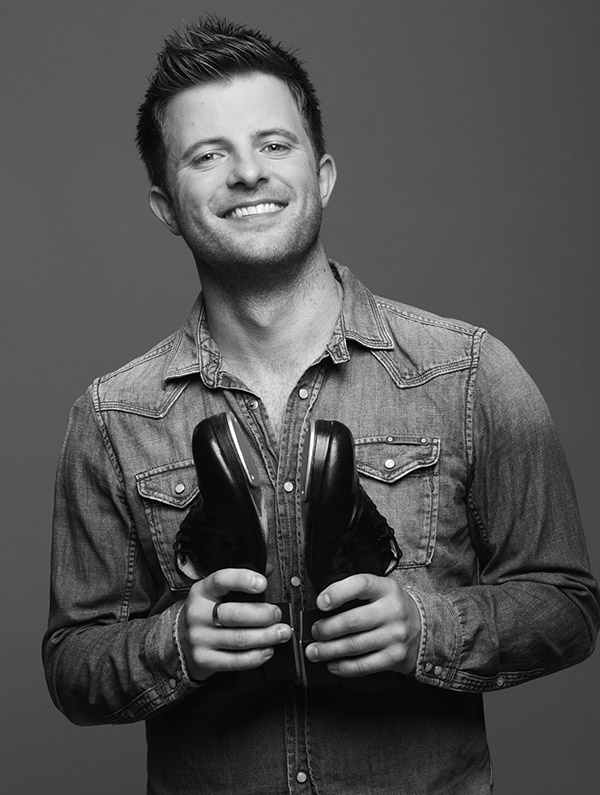 ‘So You Think You Can Dance’ winner Matt Flint is a ball of energy. Having won this prestigious competition and having danced alongside many well-known music artists, it is any wonder Matt has time for anything else. Despite this, he is running a dance competition named “Can You Dance?” with dancer Tom Shilcock, which will be held in Norwich, Nottingham and Leeds.
‘So You Think You Can Dance’ winner Matt Flint is a ball of energy. Having won this prestigious competition and having danced alongside many well-known music artists, it is any wonder Matt has time for anything else. Despite this, he is running a dance competition named “Can You Dance?” with dancer Tom Shilcock, which will be held in Norwich, Nottingham and Leeds.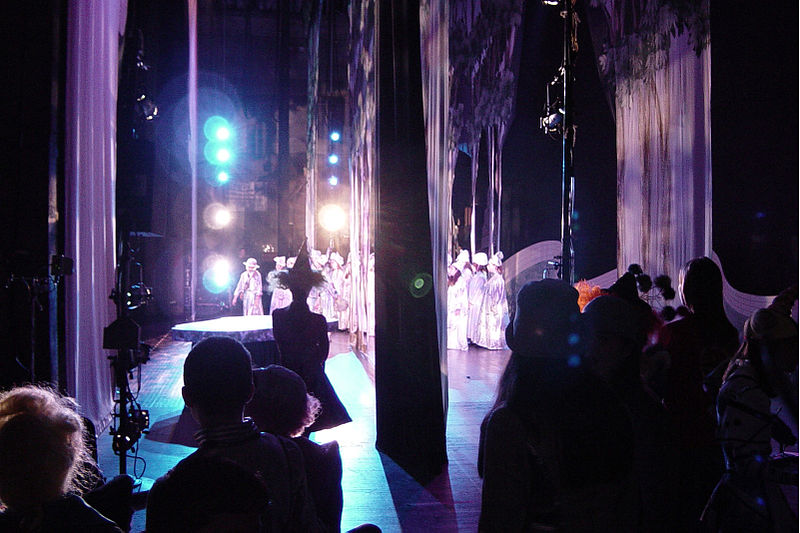 It is often the case that dance competitions are not just about the dance students competing, but their parents too. Who is the pushiest? Who did the best for their dancer? For many parents, dance is just a fun pastime for their children which reaps much enjoyment and rewards, whereas for others it is cut throat territory, out to achieve the best for their young starlets.
It is often the case that dance competitions are not just about the dance students competing, but their parents too. Who is the pushiest? Who did the best for their dancer? For many parents, dance is just a fun pastime for their children which reaps much enjoyment and rewards, whereas for others it is cut throat territory, out to achieve the best for their young starlets.